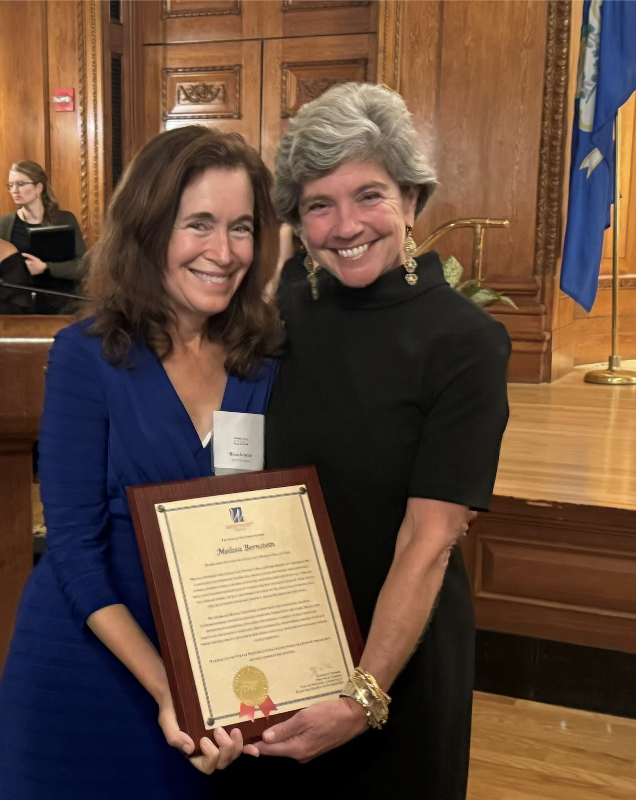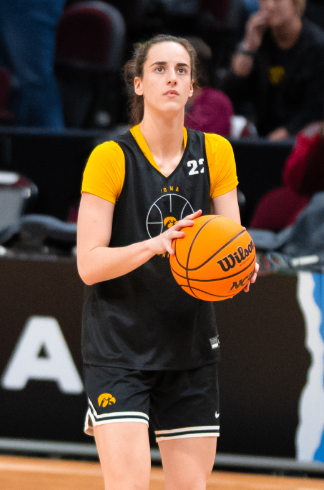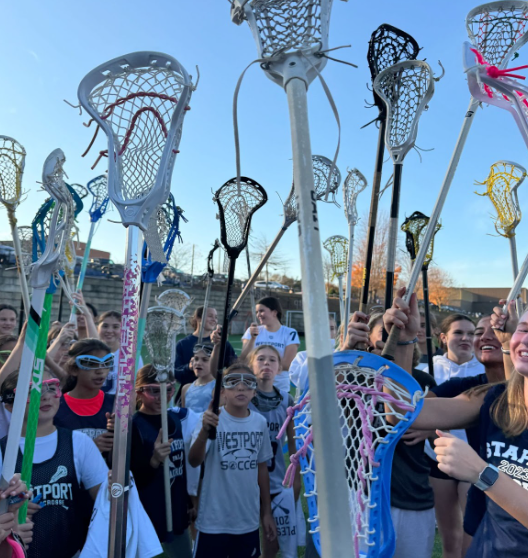
On Sept. 1, Scott Grundei ’10 walked into his Advanced Placement (A.P.) English Literature class of 20 other students. On May 17, Grundei will walk into a class of two – just himself and his English teacher, Christina Richardson.
Since nearly three-quarters of the senior class is about leave Staples one month early to work on for internships, teachers are preparing for much smaller classes, some with just one student remaining. As senior internships have grown more popular in recent years, classes will shrink come May.
While Richardson and Grundei’s case is extreme, countless other teachers will be left with a handful of students for the final month of the 2009-10 school year.
For a class like A.P. Literature, which is largely discussion-based, the change could prove troublesome for teachers. Yet, Grundei is looking forward to the smaller setting.
“I’d be lying if I said I wasn’t looking forward to it – she’s [Ms. Richardson] a fantastic teacher, and her classes have been among the highlights of my high school experience, so I have no doubt that a one-on-one tutorial with her will be loads of fun,” he said.
Grundei acknowledged, though, that the increasing popularity of internships may be for the wrong reasons.
“I don’t think this level of participation is really healthy for the school as a whole,” he said. “I personally have no problem with very small class sizes, but I’m sure that a lot of other people do. A lot of students decided to do the internship more out of a desire to avoid being ‘left behind’, than because they wanted to take advantage of the opportunity.”
The changes will be felt across Staples, not just in A.P. classes. In fact, for arts and music classes, the lack of seniors is particularly difficult.
Band director Nick Mariconda relies on his seniors in symphonic band, especially in preparation for the Memorial Day parade. Without most of his seniors, Mariconda must depend upon the juniors in the band.
“My concern is preparing for the parade; the seniors will miss that needed practice,” he said. “[The juniors] will have to assume a leadership position and really produce more sound.”
World language classes will also change dramatically. Natalie Clay’s A.P. French class will cease completely come May.
“My students are all going on an internship this year, so the class stops on May 17th,” Clay said. “Last year, half the class left on an internship, so the rest of the class continued until the finals. It was an opportunity to do other things, very different from the preparation for the A.P. exam, which had been the focus of the whole year.”
In fact, some feel that the senior internships can prove to be helpful to teachers and actually improve the connection between teacher and student.
According to 6-12 Social Studies Coordinator James D’Amico, smaller class sizes may not be the bane that some people make them out to be.
“I don’t see it as a problem,” he said. “I think for me, having five kids in a class would be a dream. There might be work involved in changing a lesson, but who wouldn’t want to get to work with such small classes?”
D’Amico added that senior internships shouldn’t change the class curriculum.
“The objectives of the curriculum won’t change,” he said. “Certainly, teachers will have to alter lessons. But I also think it is a greater opportunity with smaller classes.”
When D’Amico taught A.P. U.S. History, his class also shrunk when seniors left on internships. However, he said that the smaller class allowed more time for discussion – and gave juniors a chance to be the leaders of the class. D’Amico sees the increase in internships as a natural result, one that students will continue to make in the future.
“The internship is a type of experience you can’t get in a class,” he said. “When it comes down to it, the internship offers a brief peer into the work experience.”
“And”, D’Amico added, “internships may be a necessary break from high school for some students.”
“It seems like from 7th grade on students are on a treadmill to get into college,” he said. “A lot of kids are tired of school. This is a chance to do something different than what they have been doing,” concluded D’Amico.














































Matt • Apr 29, 2010 at 4:10 pm
great article cole